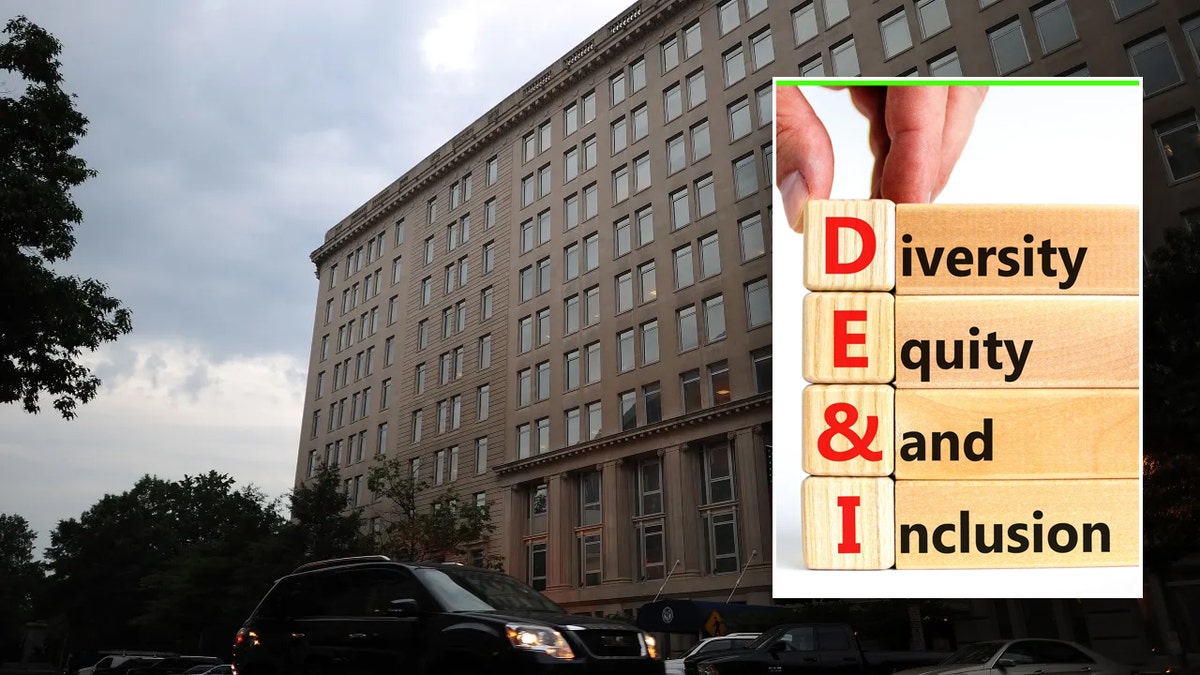Recent moves to scale back Diversity, Equity, and Inclusion (DEI) programs in both public and private sectors have sparked debate and raised concerns about potential consequences. The elimination of these initiatives has been championed by figures like President Trump through executive orders targeting federal DEI programs and offices. This trend extends to the corporate world, with companies like Walmart reducing their DEI efforts.

Critics of these rollbacks argue that they could jeopardize progress made in creating more inclusive workplaces. Some DEI advocates, like Naomi Wheeless, chief customer officer at Nextech, express concern that hiring and promotion decisions may be subtly influenced, hindering career advancement for underrepresented groups. Wheeless describes a sense of setback, feeling that gains made towards equality are being reversed.

Rafael Fantauzzi, former DEI chief at a pharmaceutical company, suggests that the absence of DEI programs might lead to feelings of undervaluation among employees from underrepresented communities, potentially resulting in talent drain. This loss of skilled workers could pose challenges for organizations seeking to fill key roles.

Further concerns have been raised regarding the potential legal implications of dismantling DEI initiatives. Shaun Harper, founder of the Race & Equity Center at the University of Southern California, posits that the removal of DEI-related training and policies could increase the risk of harassment and discrimination lawsuits. He argues that these programs play a crucial role in holding employees accountable and fostering a respectful work environment. The absence of such mechanisms, he suggests, could exacerbate existing inequalities.








